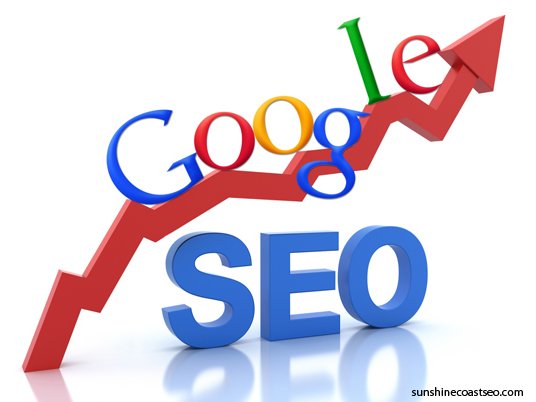Once you have zeroed in on the right keywords for your website, you must optimize your webpage for the target keywords. The placement of these keywords is crucial for driving traffic to your website and search engines like Google take into account the placement of keywords, while determining a website’s ranking. Here are five important places to put keywords on your website:
1. Page Title
It is important to put keywords in the page title, because search engines like Google display the contents of the <title> tag. Even though it in not an HTML requirement to place something in the <title> tag (if you leave it unfilled then the title bar of your browser will read “Untitled Document” or something similar). But, if you want to up your game for search engine optimization, then leaving the <title> tag empty isn’t such a good idea.
Unlike URLs, getting wordy when deciding upon a page title to write in the <title> tag is a good thing. For example, if you are selling a Harry Potter Box Set on your webpage, the <title> tag of your home page should include something similar to this:-
<title>Harry Potter Box Set – Set of Seven Books</title>
Or even something longer. The key to creating a good page title is not using more than 60-70 characters and loading it up with a ludicrous mixture of words.
2. Meta Description
Inclusion of targeted keywords and phrases in the first few lines of the body text is essential to search engine optimization. That is because search engines like Google, apart from displaying keywords from heading, also display Meta descriptions.
But you should avoid keyword stuffing i.e. placing unnecessary keywords. Google employs intelligent algorithms to detect keyword stuffing and penalizes websites that follow this practice of using irrelevant keywords, and you may end up losing your place on Google Index.
3. Heading
Search engines give more importance and attention to the words in your headings because it is supposed to possess clues to what is present on your website or the main topics on your page. So it becomes imperative to include keywords inside the heading tags.
Heading tags give a definite outline to your page, with the heading outlining the following paragraph. They create a framework of how the information provided on your page is to be designed and brought together. The H1 tag is an indicator of the topic that is of utmost importance. The rest of the H# tags denote sub topics.
For example, if you have a page that is displaying one of the products your website sells say, a box set of the Harry Potter books, the heading of the page should look something like this:-
<H1>Harry Potter Box Set</H1>
Now, when you will create an HTML code for this page it will be like this:-
<H1>Harry Potter Box Set</H1><p>200 words of content about Harry Potter Box Set using the keywords.</p>
The words that are put in every Heading tag present on your website must be distinctive and targeted to the page they are on. The content of your Heading tag’s content should not be present any place else across the website.
4. URL
While developing an SEO friendly website, it is important that you don’t make the mistake of overlooking this essential component present on every webpage. Normally, visitors find websites with URLs that have clear and descriptive terms to be more trustworthy. There are two kinds of URLs that are made use of – static and dynamic.
A static URL looks something like this:-
www.abc.com/topic-name
Whereas, a dynamic URL bears resemblance to something like this:-
www.abc.com/?p=237665
In such a scenario, certainly the static URL looks much simpler and attractive. The important thing to remember here is that static URLs are the ones that contain the keywords unlike a dynamic one. Additionally, a potential visitor can easily make out what your page is about.
There are two more types of URLs- relative and absolute which are being made use by content developers. Relative URLs are dependent on the content your page is displaying. If you make any changes to your page, that URL will not work anymore. However, absolute URLs are what search engines prefer.
5. Page Content
Your page content is the backbone of your website and plays an indispensible role in pulling people towards your website. While writing content for your website you should think carefully about the keyword density i.e. the number of times your keywords are going to be repeated. But remember that you are selling the content to people and not search engines, so avoid repeating keywords too often as the content will look redundant and will fail to attract people to your website.
Website keywords are much more than mere words – they are marketing assets. Your website’s traffic increases tremendously when you make use of the right keywords further increasing your market reach. So take advantage of these five places to fit your keywords in and the profits will roll in. But for this, it is imperative that you hire the right web designing company which will help you to place keywords appropriately across your website.









